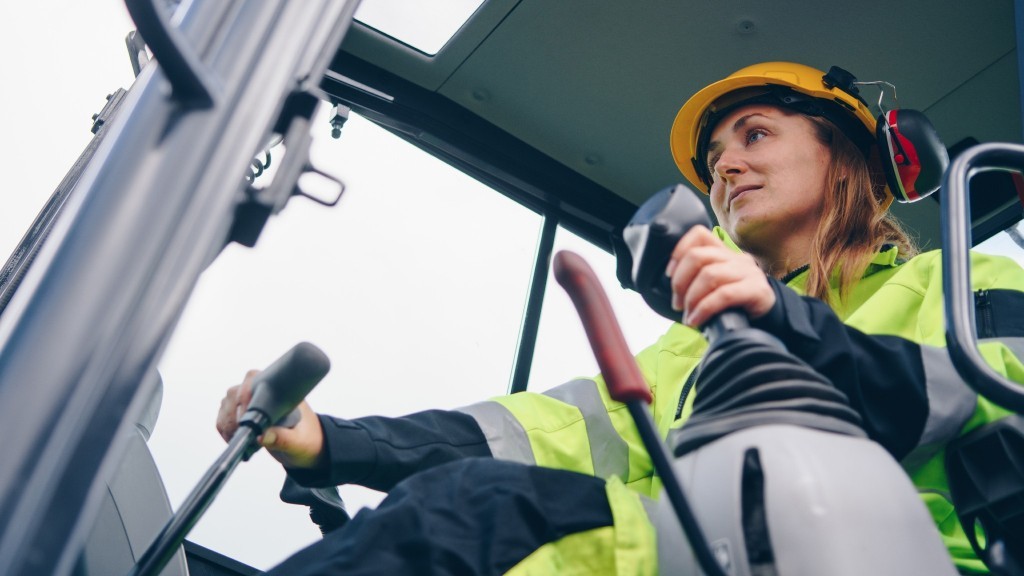
While many people have adapted to working remotely, one thing that may have not crossed their minds is the importance of utility infrastructure. None of the video calls that we've all grown to love so much would be possible without high-speed connectivity to our homes.
Much of that data is traveling across fiber-optic lines located underground. So, when a strike occurs and a line is damaged, it can cause quite a cascading impact on many people's lives and businesses. Unfortunately, telecommunications continues to be the leading reporting damaged facility, according to the DIRT Report put out each year by the Common Ground Alliance (CGA).
While many damages occur due to improper locating and/or not following best practices while digging around an underground facility, one of the major root causes of damage is related to a failure to notify the local One Call Center. This can be done by calling 811 or going to the state 811 center's website a few business days before digging to request that the approximate location of buried utilities be marked.
To help increase awareness for both professional excavators as well as homeowners who plan to dig, each year (CGA) designates Aug. 11 as 811 Day. It serves as a convenient reminder to "call before you dig." Even though numerous awareness efforts have been made, and it's the law to call 811 before digging, the number of reported damages continues to increase year-over-year.
All the change that 2020 has forced upon us may actually contribute to more unsafe digging practices. As mentioned, many of us are staying home more than we typically do, which allows for many of those previously pushed aside projects to finally be tackled.
An estimated 31 million homeowners are planning to complete home improvement projects that involve digging this year, while nearly 40 percent (36%) of homeowners planning to dig will put utility service at risk by not calling 811 before starting a project.This means that over 11 million homeowners will risk knocking out utility service to themselves and their communities by not calling 811.
The most popular planned DIY home projects that involve digging include:
- Planting a tree or shrub (61 percent)
- Building a patio or deck (30 percent)
- Building a fence (28 percent)
- Installing a mailbox (13 percent)
As 811 Day fast approaches, AEM encourages everyone planning a digging project to take the following steps:
- Always call 811 a few days in advance of a digging project, no matter the depth or familiarity with the property.
- Plan ahead and provide ample time for the approximate location of lines to be marked.
- Confirm all lines have been marked with the one call service and look for evidence of any utilities that may have been missed and ensure all underground utilities are located prior to excavating.
- Strongly consider moving the location of the project if it's near utility line markings.
- Know the tolerance zone in the state where the project is taking place along with any rules and best practices related to excavating in the tolerance zone.
- If a contractor has been hired, confirm a call to 811 has been made, and don't allow work to begin if lines haven't been marked.
With so much at stake for public health and safety right now, the millions of Americans who plan to do DIY digging projects this year without taking the important step of calling 811 beforehand are taking an unnecessary risk—and one that could impact their entire community.
John Somers is AEM's Senior Director of Utility.



